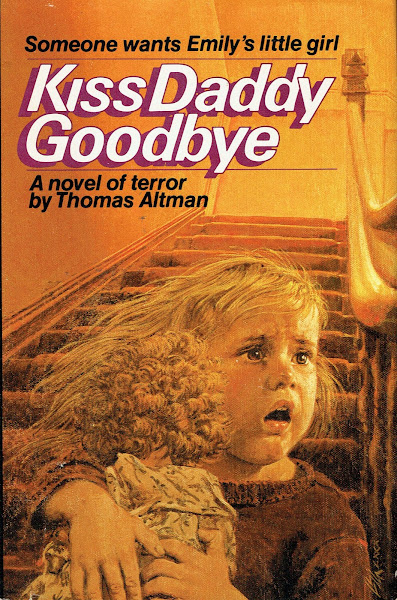I've been doing some freelance comics script editing because it fits my schedule. The work coming my way varies. Some of it's very professional and complete. Often I get scripts that don't take even the comics world's not-particularly-set-in-stone formatting into account, however.
It seems to be happening organically. I see great storytelling and characterization in a shotgun blast of text. I'm not sure why that's so in a world where Google offers access to thousands of samples and examples including many provided by publishers. Regardless of that, almost every day I get submissions with very little distinction between elements.
Description co-mingles with dialogue, quotation marks are used where they aren't needed and little regard to basic terminology is shown. Inevitably tacked to one of these polyglot scripts is a note. Do you think this will sell to a publisher? Short answer: "Uh, no." That's a different matter, but still, no.
A little bit of formatting can offer the scriptwriter a lot more control, and it makes things easier on everyone else. A letterer doesn't have to extricate text from a shotgunned mass. An artist can get a clear vision, and it's easier to edit for errors as well. Tools that can make the two-dimensional world of comics more dynamic can also be deployed.
So what can be done to turn your great storytelling into a functional script? Here are a few thoughts that have come to my mind. Maybe instead of dwelling on what's wrong, we should say these are actually things you can do right.
1). Find some sort of format and use it
Many are available, and if you do a bit of scanning, you'll find ways to convey your vision easily to an artist while making your work easy on the eye.
Some easy resources include Dark Horse's sample script and many more on the Comics Script Archive.
Check out a number of them, and try not to zero in on the worst, non-standard example you can find as an excuse to do your own thing.
Here's a guide to basic comicbook terminology as well.
2.) Be descriptive and keep in mind only one major event can occur in a panel. It's a still frame, a snapshot if you will.
A guy can't rush to the window, tear off his civilian clothes and jump out in one panel. Don't ask an artist to draw that. Artists will often interpret your words and develop a sequence, but you're the writer. Make it clear and precise and make the most of every panel.
3.) Sound effects (SFX) enhance a story.
A comic's a flat page, but you're seeking to convey action and excitement. One of the tools you have to make the experience dynamic for the reader is sound effect text, and the writer can come up with those words.
Many great and innovative flourishes have developed in recent years, taking the comics world beyond the Pow! and Zaps! parodied in the old Batman series. Scan the comics you have on hand and take note of what's being done.
Develop a good ear, and harness sites such as Written Sound, the onomatopoeia dictionary.
4.) Lettering isn't just about words.
Good letterers can add special emphasis to key words, do interesting things with speech bubbles and add many more flourishes. Take note of that as well as you scan your favorite comics. Add a special note to the letterer if you have a phrase you really want to punch up in some way. Break up a character's long monologue in a couple of speech bubbles if it's a mouthful.
Dave: Longwinded remark.
Dave: Longwinded remark continued.
Look for natural breaks in the dialogue to suggest a new bubble.
5.) Use art references.
We all think about things a little differently. When I was in college, I asked an artist to draw a burglar with a mask. To me a domino mask like The Hamburglar wears. She drew a guy with a bag of loot over his shoulder wearing a bandanna tied around his face. To me, that's a train or bank robber's mask. If there's something specific or even something that sets a tone or a mood, find a reference via Google Images and paste a link into the script.
You might even develop a private Pinterest board with a collection of images as a lookbook like filmmakers use and share that with the artist. That can go a long way toward developing a world that fits what's in your imagination while stimulating an artist's visual creativity.
Conclusion
Think of these points as shortcuts. If a script's well formatted, an editor is free to focus on storyline, character and world-building details and offer meaningful suggestions that can guide you toward meaningful tweaks and revision that lead toward a satisfying experience for readers.










